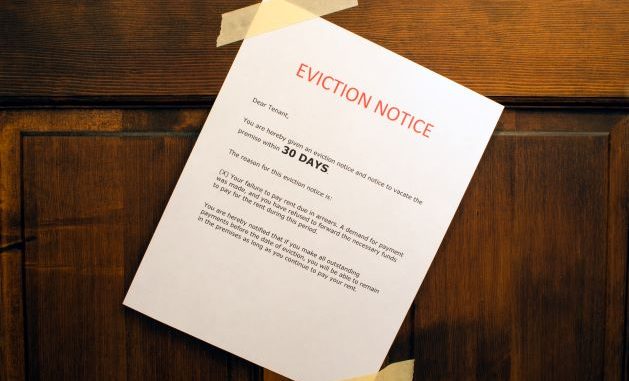
There are pros and cons when it comes to renting – for many people, the problems that come from dealing with unpredictable tenants is enough to dissuade them from the venture entirely. Yet investments in the rental property can be seriously rewarding! Additionally, in an economy recovering from the pandemic, the rental market is buzzing with promising activity. So what help is there for landlords who need peace of mind when it comes to renting? What if a landlord is looking to evict tenants from a property?
Thankfully, a wealth of resources is available to help landlords in this very situation.
Landlords can evict tenants using a Section 21 or Section 8 notice, or in some instances, both. The regulations surrounding these Sections will be discussed in the following article.
Section 21 Notice
The Section 21 notice is one of some contention. In essence, it informs tenants of the intent to evict them from a property and enables a landlord to do so without having to give a reason or establishing any fault. This is why this process is often known as a “no fault” eviction. It begins the procedure of ending the tenancy, provides the tenant with a date of eviction and is completely lawful when regulations are adhered to. This kind of eviction can be especially beneficial if a landlord wishes to either move into the property themselves or sell it on.
So why is this section a subject of contention? Research has found that many tenants are less likely to ask their landlords for needed repairs or rightfully challenge a rise in rent due to the ease in which their landlord can evict them. The possibility of being evicted for no reason causes a great deal of anxiety and insecurity for tenants and as such, the government recently announced the intention to scrap Section 21 notices and end unfair evictions.
With this being the case, what other options are there for landlords?
Section 8 Notice
If the terms of the tenancy are broken, a Section 8 notice is a more suitable procedure for landlords to follow. The broken terms need to be specified and a notice period of at least 2 months is also required. However, depending on the severity of the broken term, this notice period can be reduced significantly. If the reason is a serious breach, such as anti-social behaviour, the notice period can be as little as four weeks for a periodic tenancy and one month for a fixed-term tenancy.
But what if a landlord wishes to evict a tenant for another reason?
The government has proposed that the Section 8 process be amended to accommodate for landlords wishing to regain their property for their own use. By combining both the flexibility of the Section 21 notice with the tenancy security of the Section 8 notice, this will endeavour to provide both landlords and tenants with the support they need. Tenants will have a more secure housing provision, and landlords will be more confident in their rental market investments.
What else can landlords do to have confidence in their investments?
This is where property insurance providers like Just Landlords come in to lend a hand. They provide insurance policies for landlords desiring to cover their properties from a range of risks, from malicious damage to even theft. With cover like this, landlords can feel a sense of calm and peace of mind as they deal with the challenges that come as a property owner dealing with tenants. Not only can a property be secured, but the income from rent is also protected with an additional rent guarantee insurance.